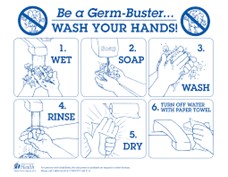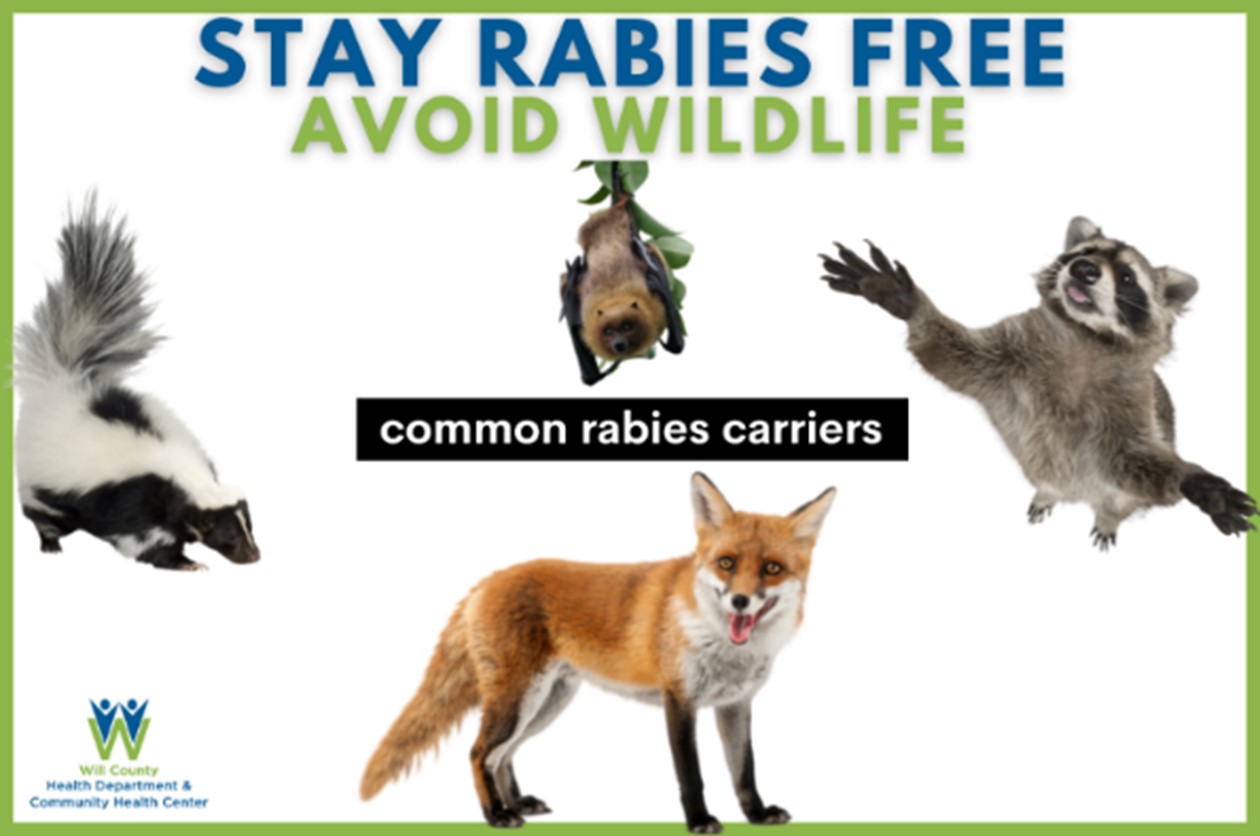Contact with animals
Animals are an integral part of our daily lives. We interact with them at home and away from home. Animals provide us with food, fiber, companionship, livelihood, and more. Most households in the United States have at least one pet. While animals provide for humans, they can sometimes carry harmful germs.

It is important to keep your hands clean. After being around animals, even if you did not touch any of the animals, wash your hands. Many germs are spread by not washing hands properly with soap, and clean running water.
Leave unfamiliar animals alone
Enjoy wildlife from afar. Do not handle, feed, or unintentionally attract wild animals with open garbage cans, uncovered compost bins, or pet food left outside.
Never adopt wild animals or bring them into your home. Do not try to nurse sick or injured animals to health. Call animal control, an animal rescue agency or wildlife rehabilitator for assistance.
Teach children never to handle unfamiliar animals, wild or domestic, even if they appear friendly. "Love your own, leave other animals alone" is a good principle for children to learn.

Prevent bats from entering homes or occupied spaces in churches, schools, and other similar areas where they might come in contact with people and pets. If a person or pet has any exposure to a bat, including finding a bat in the house, it is very important to call Public Health for advice.
If your pet has been bitten by a wild animal, seek assistance from a licensed veterinarian.
